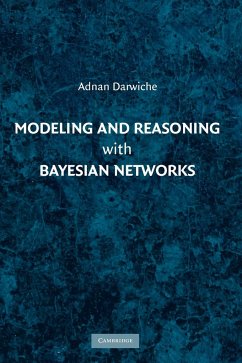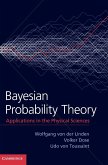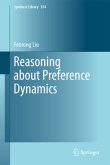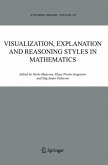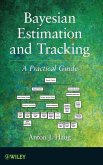This book is a thorough introduction to the formal foundations and practical applications of Bayesian networks. It provides an extensive discussion of techniques for building Bayesian networks that model real-world situations, including techniques for synthesizing models from design, learning models from data, and debugging models using sensitivity analysis. It also treats exact and approximate inference algorithms at both theoretical and practical levels. The treatment of exact algorithms covers the main inference paradigms based on elimination and conditioning and includes advanced methods for compiling Bayesian networks, time-space tradeoffs, and exploiting local structure of massively connected networks. The treatment of approximate algorithms covers the main inference paradigms based on sampling and optimization and includes influential algorithms such as importance sampling, MCMC, and belief propagation. The author assumes very little background on the covered subjects, supplying in-depth discussions for theoretically inclined readers and enough practical details to provide an algorithmic cookbook for the system developer.
Hinweis: Dieser Artikel kann nur an eine deutsche Lieferadresse ausgeliefert werden.
Hinweis: Dieser Artikel kann nur an eine deutsche Lieferadresse ausgeliefert werden.
'... both practical and advanced ... The first five chapters are sufficient for students and practitioners to gain the necessary knowledge in order to build Bayesian networks for moderately sized applications with the aid of a software tool ... All major inference methods are covered in later chapters which allow researchers and software developers to implement their own software systems tailored to their needs ... It is a comprehensive book that can be used for self study by students and newcomers to the field or as a companion for courses on probabilistic reasoning. Experienced researchers may also find deeper information on some topics. In my opinion, the book should definitely be [on] the bookshelf of everyone who teaches Bayesian networks and builds probabilistic reasoning agents.' Artificial Intelligence

